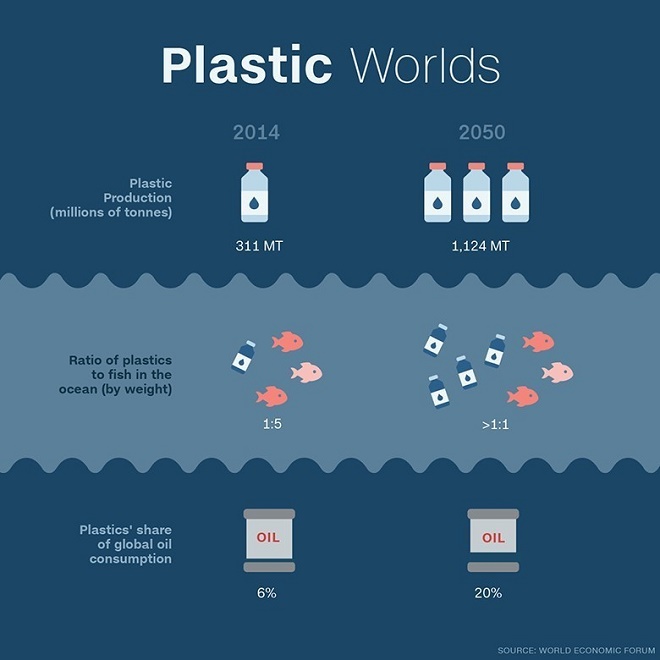- Aims to double polyester yarn production by 2022
- 2,300 tonnes of waste plastic bottles recycled in 2019/20
- Targeting export demand for recycled polyester fabrics
Pioneering Sri Lankan plastic bottle recycler and manufacturer of polyester yarn and monofilaments, Eco-Spindles (Pvt.) Ltd commenced Phase 2 of its expansion strategy to add 20,000 sq.ft of production space at its state-of-the-art facility in Horana.
Already one of only two such facilities in the entire world, once completed, the expanded facility will double polyester yarn production capacity at Eco-Spindles.
The foundation stone was laid by Secretary to the Ministry of Environment Dr. Anil Jasinghe together with Central Environmental Authority Director General P.B. Hemantha Jayasinghe, Board of Investment of Sri Lanka Horana Export Processing Zone Senior Deputy Director Sujeewa Thilakumara, Ministry of Mahaweli Development and Environment, Environmental Pollution Control and Chemical Management Division Director S.M. Werahera, BPPL Holdings Managing Director and Chief Executive Officer Dr. Anush Amarasinghe and Eco-Spindles (Pvt.) Ltd Deputy General Manager Manoj Udawatte, in the presence of other senior representatives from Eco-Spindles at a special ceremony held on the 8th of February, 2021.
“We are excited to be laying the foundation for the continued growth of Eco-Spindles, and the greater sustainability of our nation. All over the world, people are waking up to the urgent need to create and enter a circular economy. The expansion of our Horana facility is another vital step in this direction,” BPPL Holdings Managing Director and CEO Dr. Anush Amarasinghe said.
A wholly owned subsidiary of BPPL Holdings PLC, Eco-Spindles is Sri Lanka’s only value-added exporter of polyethylene terephthalate (PET) waste bottles in Sri Lanka, and is on a mission to reverse the island’s environmental degradation by converting PET bottle waste, that would otherwise end up polluting sensitive eco-systems, into export quality products that have since captured extensive market share across the globe.
“As the only other entity in the world that is capable of directly manufacturing polyester yarn out of recycled PET flakes, we are extremely well-positioned to capture the rapidly increasing demand for such products. In this manner we are able to generate vital foreign exchange for the national economy, while at the same time, helping to reverse one of the most serious environmental threats of our time using a raw material that we had all considered to have only one use. These are exactly the kind of solutions that hold the key to a sustainable future for Sri Lankans today, and for all future generations,” Dr. Amarasinghe noted.
Globally, demand for recycled yarn is on the rise, with leading international fashion brands now utilizing large quantities of yarn in different product families through local mills every year. This demand will inevitably continue to rise as sustainability is becoming a topic of utmost importance in all countries. Eco-Spindles is equipped with the resources to generate 700 tonnes of recycled polyester yarn per annum. With the completion of its expanded production facilities, this capacity is targeted to increase by a further 900 tonnes in the annual production. This represents more than double its current capabilities.
Dr. Amarasinghe noted that while it is still acutely evident that current supply is nowhere near the demand, he expressed confidence that the Eco-Spindles strategy for expansion will promote substantial direct and indirect opportunities for all stakeholders, while raising awareness on the immense potential that the local recycling sector still has to offer for investors looking to make a difference.
PET plastics are currently the most recycled plastic in the world, amounting to over 57% of the global recycled plastics market. According to the Commonwealth Scientific and Industrial Research Organisation (2017), the recycled PET (rPET) market is anticipated to be worth around US$ 66.9 billion by the end of 2025.
Eco-Spindles plays a substantial role in influencing the collection of waste PET bottles, recycling and creating value-added products out of them. During the year 2019/20, Eco-Spindles had recycled over 81 million PET bottles, amounting to around 2.3 million kilograms of PET.
The company sources its PET bottle waste through its 400-strong network of registered recyclable waste collectors and 19 baling sites, and the company is also actively involved in sustainability-focused public initiatives such as the Sri Pada and Kataragama Waste Management Project, the Coastal Plastic Recycling Project and the Expressway Projects, to name a few.

